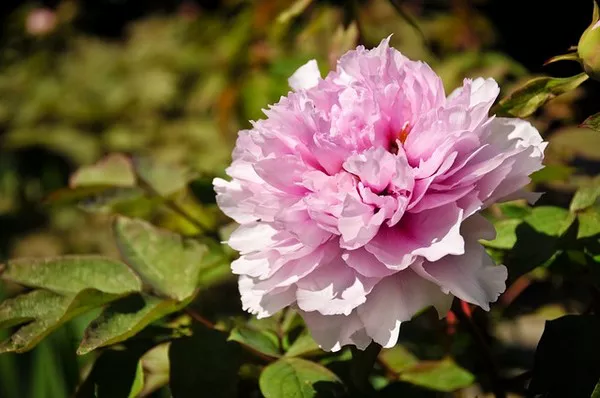Peonies, renowned for their lush petals and captivating fragrance, have been cherished for centuries for their aesthetic appeal and cultural significance. Beyond their ornamental role, peony flowers boast a rich history of diverse applications, ranging from traditional medicine to culinary delights and beyond. In this article, we delve into the multifaceted uses of peony flowers, exploring how peony has transcended its decorative purpose to become an integral part of various aspects of human life.
Historical Significance:
The peony, native to Asia, has a long and storied history, with its earliest references dating back to ancient China. Revered as the “king of flowers” in Chinese culture, the peony symbolizes prosperity, good fortune, and happiness. Its association with wealth and honor led to its cultivation in imperial gardens, where it became a favorite among emperors and aristocracy.
Beyond China, peonies also held symbolic importance in Japanese and European cultures. In Japan, the peony is regarded as a symbol of bravery and good fortune, while in Europe, it has been a favorite in gardens since the Middle Ages. The flower’s rich symbolism and timeless beauty have contributed to its enduring popularity across the globe.
Ornamental Use:
The primary use of peony flowers remains ornamental, adorning gardens, landscapes, and floral arrangements with their vibrant hues and lush blooms. With a wide range of colors, including shades of pink, red, white, and even yellow, peonies offer versatility in design, making them a favorite among florists and garden enthusiasts alike.
Peony festivals, celebrated in various parts of the world, showcase the beauty of these flowers and attract visitors who come to revel in their stunning displays. From the Peony Festival in Luoyang, China, to the Paeonia Festival in Greece, these events highlight the universal appeal of peonies as a symbol of beauty and grace.
See Also Choosing the Perfect Flower Color for a 70th Birthday Celebration
Medicinal Uses:
Beyond their aesthetic allure, peony flowers have a long history of medicinal use, particularly in traditional Chinese medicine (TCM). The root of the peony plant, known as Radix Paeoniae, is a key ingredient in many herbal formulations. Its medicinal properties are believed to have a wide range of benefits, including anti-inflammatory, analgesic, and antispasmodic effects.
In TCM, peony is often used to soothe conditions such as muscle cramps, menstrual discomfort, and liver disorders. The flower is also recognized for its potential to alleviate anxiety and promote relaxation. While modern medicine has not fully embraced these traditional uses, ongoing research explores the therapeutic potential of peony compounds.
Culinary Delights:
In addition to their ornamental and medicinal uses, peonies find their way into culinary creations, adding a touch of elegance to various dishes. Peony petals, with their delicate flavor and subtle fragrance, can be used to infuse syrups, jams, and desserts. Candied peony petals, often used as garnishes, provide a visually appealing and edible element to cakes and pastries.
Peony tea, made by steeping dried peony petals in hot water, is another culinary application. While it may not have the same popularity as other floral teas, some enthusiasts appreciate its mild flavor and potential health benefits.
Symbolism in Art and Literature:
Throughout history, peonies have served as a source of inspiration for artists and writers, finding their way into paintings, poems, and other forms of creative expression. In Chinese brush painting, peonies are a common motif, symbolizing prosperity and feminine beauty. Similarly, in Western art, peonies often represent romance, wealth, and opulence.
In literature, peonies are frequently used as metaphors for beauty, transience, and the fleeting nature of life. Their lush blooms and short-lived blossoms make them a poignant symbol in various cultural narratives.
Conclusion:
The peony, with its timeless beauty and rich symbolism, transcends its role as a mere decorative flower. From ancient traditions to modern applications, peonies have etched their presence in various aspects of human life. Whether adorning gardens, serving as a medicinal herb, inspiring artistic endeavors, or gracing culinary creations, the peony’s versatility and allure continue to captivate people around the world. As we appreciate the elegance of this bloom, we are reminded of its enduring significance across cultures and centuries, a testament to the enduring appeal of the king of flowers.


